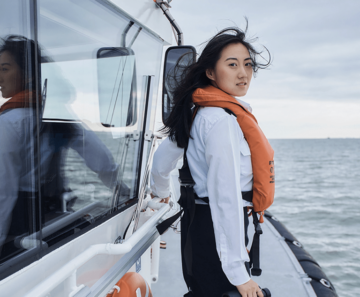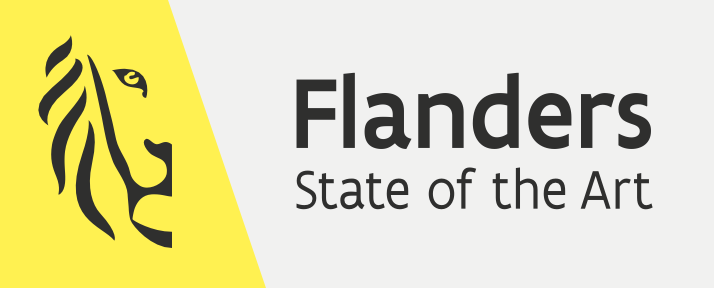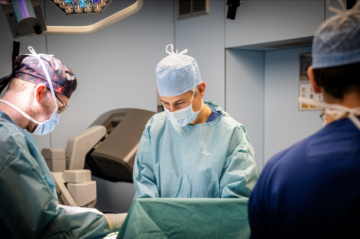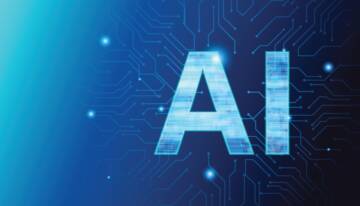PROJECT OLIVIA

Every year, the amount of transport over water rises. The same is true for the number of jobs in the maritime sector, in multinationals, local start-ups and within the government. However, it remains a predominantly male sector. We want to change that with Project Olivia, by inspiring women to choose a job on, by or around the water. A goal that we share with many other countries and one which we are eager to cooperate on internationally.
Objectives
Project Olivia focuses on raising awareness around training, jobs and career paths for women in the maritime sector. To that aim, testimonials from real industry experts are gathered and shared, focusing on 3 aspects:
1. Job variation
The maritime sector offers many different kinds of jobs. From working as a captain or technician on a ship to thinking about water in terms of policy at a shipyard or in a laboratory.
2. The connecting power of water
Water connects. Both within Belgium, via waterways, seaports and the hinterland, as well as with the rest of the world. This can offer real opportunities for building an international career.
3. A sector for all
Thanks to the diversity of jobs in the maritime sector, there is something for everyone, regardless of your degree or talent.
Job security and challenge prevail

With Project Olivia, we want to show women that a job in the maritime sector has several advantages. For example, the continued growth of the sector means that they can enjoy job stability. In addition, there are constantly new opportunities due to the versatility of the sector. Finally, Flanders’ position as one of the main logistics hubs in Europe makes for challenging and meaningful work every day.
Equal representation, a shared goal

Attracting women in a male-dominated sector is a challenge. Therefore, we like to share our knowledge on this, but are also curious to find out how other actors approach this subject. What works, what doesn’t? By exchanging experiences, we can work together to achieve equal representation in this exciting sector.
Article provided by

Latest insights & stories

Seven cybersecurity trends and threats for 2025
Last year saw another alarming increase in cyber-attacks, with hackers using increasingly sophisticated methods. Proximus NXT and its security partners explain how to navigate a minefield of vulnerabilities in 2025.
IT is innovating faster than ever. We should embrace the limitless possibilities in cloud adoption, generative and non-generative artificial intelligence and the increasing use of APIs, says our expert panel. At the same time, cyber criminals see such trends as opportunities to compromise businesses and are capitalizing on new vulnerabilities.

The az groeninge hospital innovates care with 5G
A private 5G network at az groeninge provides the platform for the hospital to roll out innovation. From remote monitoring with biosensors to robotic surgery and training using VR: everything is focused on patient care.

Why your AI project is also a data project
AI needs quality data to realize its full potential. Yashfeen Saiyid, Data & AI Practice Lead at Proximus NXT, explains how to use a data-driven approach to lay the foundations for a successful AI project.
“There are more and more business applications, these days, based on artificial intelligence. And the accelerating rise of generative AI, with ChatGPT as its flagship, is simply breathtaking. According to Gartner, 90% of companies will use AI in the workplace by 2025,” begins Yashfeen Saiyid, Data & AI Practice Lead at Proximus NXT and Managing Director at Codit.